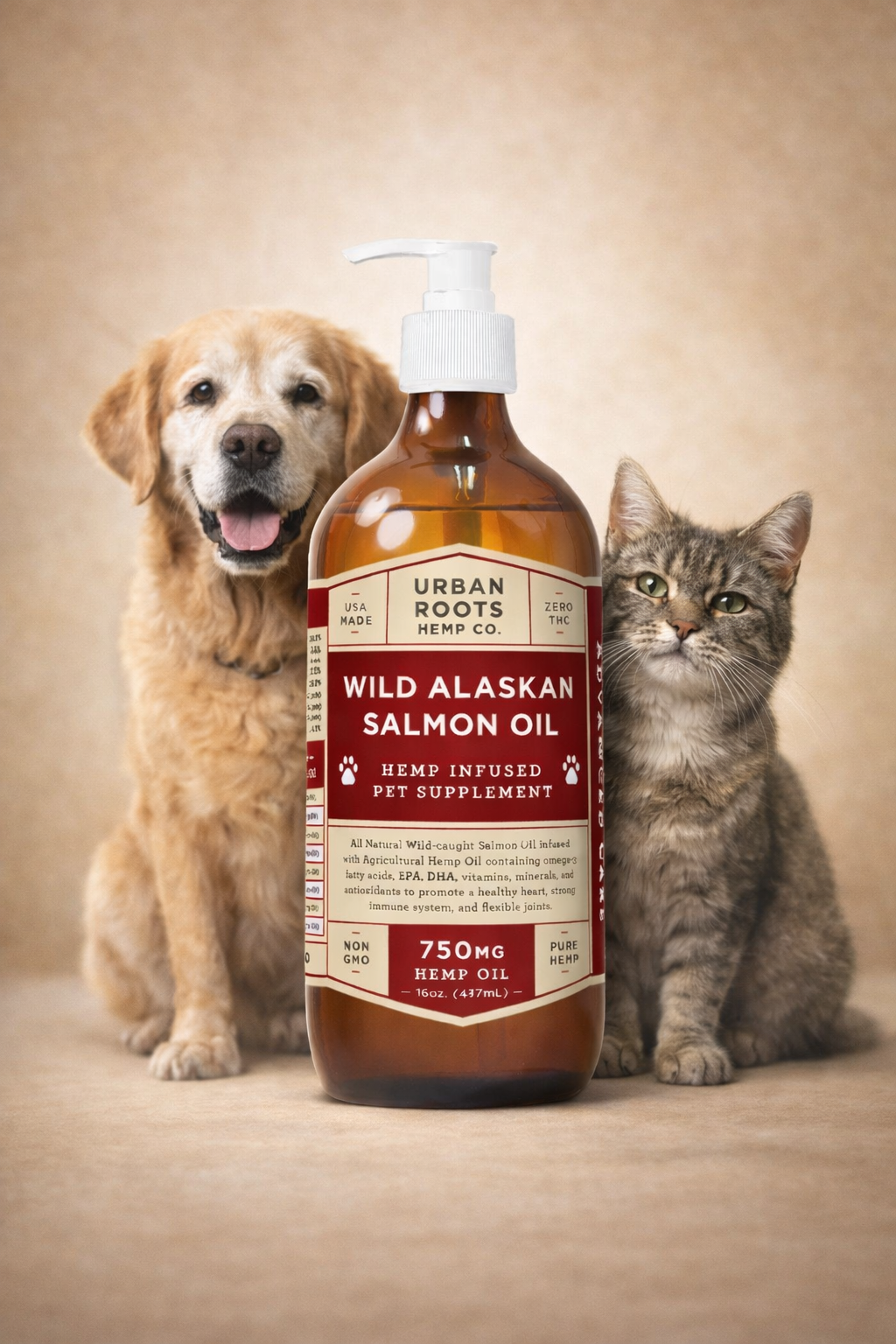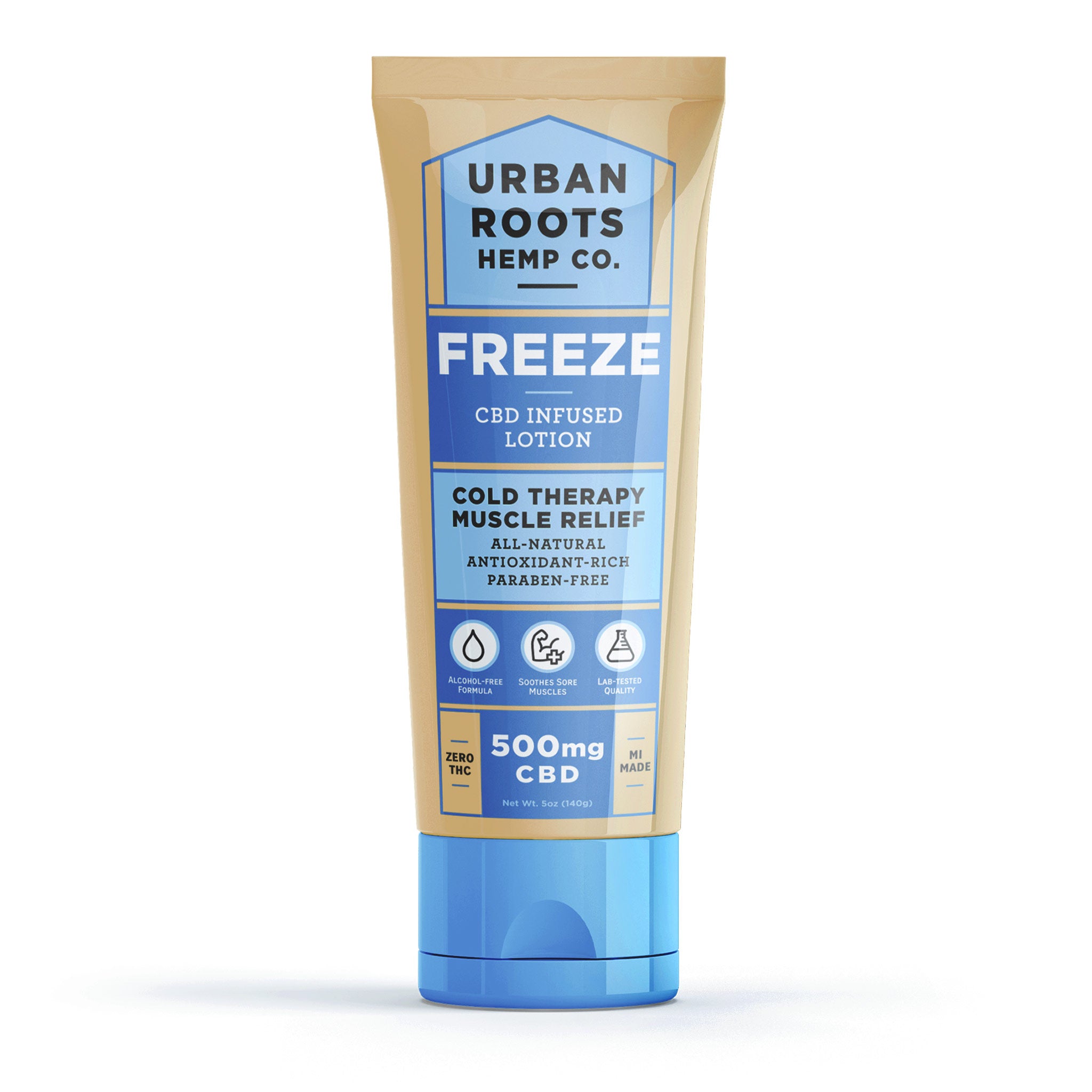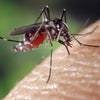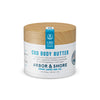Effective or All Hype: Is CBD for Real?


Everyone from celebrities to athletes to your grandma to your pets are all taking CBD to try and help themselves with their health problems (although whether your pets have a say in the matter could probably be debated). Phil Mickelson [possibly] was consuming CBD at the Masters Tournament, Jennifer Anniston reportedly takes it for anxiety, and Joe Rogan talks about using it for elbow pain on his podcast.
You can buy CBD in a wide range of forms and in an even wider range of products. You can find it in energy drinks, dog treats, face cream, hand lotion, smoothies, snacks, candy, and the list goes on and on. If you prefer CBD straight up, you can buy it in the form of capsules, tinctures, and vaporizer cartridges.
It is even starting to be mixed with cocktails and brewed in beer. You can buy it online, in dispensaries, at gas stations, in convenience stores, and even at video rental places (yes, those places still exist). With more and more research showing positive effects, it looks like the sky is the limit.
Does CBD Live Up to All the Hype
Despite all the celebrity and media hype, you might be asking yourself, is CBD for real? There has only been one drug approved containing CBD, called Epidiolex, which is used to treat seizures, but other than that official recognition is just getting started. Research is also still relatively slim compared to many other drugs and substances. At the time of writing this, the FDA has not approved any other CBD containing drugs and has not evaluated or confirmed any of the claims that companies selling CBD products have made.
Furthermore, in today’s modern, interconnected, social media driven world, it’s not uncommon for ideas, products, movements, etc. to gain fast and unbelievable growth and notoriety. All too often in these types of cases, however, whatever the hype was about turns out to be fleeting or unfounded. The question is, is that the way it is when it comes to CBD?
Admittedly, CBD seems to be caught between two different worlds—namely the increasing reports of its medical effectiveness on the one hand, and the popular, celebrity image of a calming, faddish cure-all substance on the other.
What We Think about CBD
Well, at Urban Roots Hemp Co, we obviously stand behind the benefits that our customers report CBD brings them, as well as the growing popularity of the CBD industry as a whole. The thing is, whenever a beneficial new product or substance or medicine comes on the scene, it can sometimes take a while for the official channels, like government bodies and regulators, to catch up. The situation for CBD is made even more complex by the fact that it comes from a plant that has been illegal in much of the world for nearly a century.
For that reason, when it comes to deciding for yourself whether CBD lives up to the hype or not, it is important to not just look at “official” bodies like the FDA and big pharma companies. Instead, check out independent studies, university and hospital research, and what consumers themselves are saying about it.
Is CBD for Real? What the Numbers Say
CBD product sales are expected to hit $5 billion in 2019, which is a 706% increase over 2018, according to the Brightfield Group, a cannabis-focused research firm. A market research study done by BDS Analytics and Arcview Market Research projects that the collective market for CBD sales will surpass $20 billion by 2024 in the United States alone.
The reasons for the continued projected success of CBD products are as follows:
- CBD has a history of health and wellness use, especially as an active component of the cannabis plant and because of a mountain’s worth of anecdotal evidence from people of all walks of life
- CBD is one of the few natural remedies out there that has an official scientific basis for at least some of its health claims and that scientific basis is growing stronger each day
- CBD has a wide range of potential applications, ranging from inflammation to mental health and everything in between
- CBD does not have any known negative side effects and does not lead to any form of dependence
When CBD First Came on the Scene
With such a whirlwind since the large hype around CBD began, most people probably don’t even remember what first sparked its upsurge. It was back in 2011 in Colorado and involved a mom named Paige Figi and her five year old daughter, Charlotte.
Suffering from Dravet syndrome, Charlotte would have violent epileptic seizures, some of which lasted for hours and required life support. Paige tried numerous treatment options over the years trying to find something that effectively helped her daughter. She couldn’t find anything.
Eventually, Charlotte was having 300 severe seizures every week, and her heart would frequently stop during them. She lost the ability to walk, talk, and eat. Their doctors even suggested putting her in a medically induced coma to give her beleaguered little body a break. At just five years old, her parents checked her into hospice care and expected that she would only live a few more weeks or a few months at most.
That’s when Paige decided to give her daughter CBD oil. "We did vitamins, acupuncture, gluten-free, dairy-free, keto, all raw and organic," said Figi. "We tried every pharmaceutical drug on the market except ones that were dangerous to children. You're just sort of throwing darts aimlessly." You have to remember, though, that at this time CBD was not easily or readily available.
Charlotte’s mom had to find translators so she could talk to physicians and researchers in Israel and France. From these distant experts, she learned how to extract CBD from marijuana, how to dose it, and how to test its purity. She then had to find a doctor who would sign off on giving a small child a prescription for medical marijuana. Once she was able to buy marijuana, extract CBD, and give it to her daughter, hundreds of seizures a week dropped to less than three a month after only 18 months of treatment.
Not many things that are pure hype have such inspiring and touching origin stories.
What Consumers Say about Replacing Pharmaceuticals with CBD
Although inspirational beginnings and consumer reporting isn’t necessarily scientific, hearing from the people on the front lines of using any product is useful in determining whether you want to use it yourself. For many people who have health conditions that require the continuous use of opioids or other strong drugs, CBD offers a welcomed change.
To see what consumers thought of CBD, the Brightfield Group and HelloMD launched an in depth consumer survey about CBD usage patterns. Out of the 2,400 respondents from the HelloMD community, 41% reported replacing other medications in favor of cannabis products, while 58% reported using cannabis in conjunction with their other medications.
What’s more is that 60% of CBD users reported that it is, at least to some extent, more effective than prescription medications that they had tried or used regularly. 74% of respondents who had used opioids for various conditions considered cannabis to be extremely effective or very effective at treating the same conditions.
Effectiveness of CBD: Several Studies
In addition to the what CBD users say, how the industry is doing, and how it first came on the scene, there have been several studies supporting its possible effectiveness in treating several conditions.
- Both animal studies and human studies have indicated that CBD may be an effective treatment for decreasing joint inflammation, reducing arthritic pain, and protecting nerves.
- Another study found that CBD was useful in treating several different types of anxiety.
- When it comes to anti-seizure potential, a study published in the New England Journal of Medicine found that there was a 38.9% decrease in the frequency of seizures for patients with Dravet syndrome.
Conclusion
At the end of the day, whether you think CBD is for real or not depends on how you interpret everything we know so far. While the FDA has not approved CBD and may even claim it to be ‘possibly harmful’ without proven scientific studies, we believe the situation looks very promising. There have been enough positive studies and patient reports to spur on even more research into further potentially beneficial effects. It seems very likely that this CBD “fad” is here for the long haul.
These statements have not been evaluated by the Food and Drug Administration. Our products are not intended to diagnose, treat, cure, or prevent any disease. This article was written by a third party and should not be taken as the opinion of the offering company.









